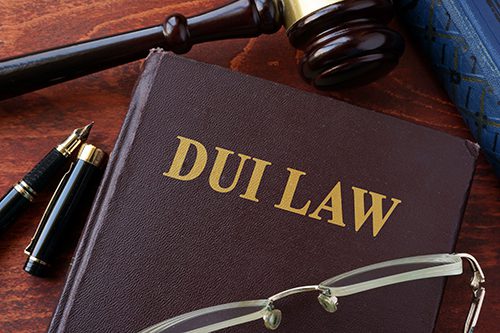Many people don’t want to think about their end-of-life affairs, but if they don’t plan carefully, they may leave their families out in the cold—or with a dilemma on how to handle their estate. Hiring the right estate planning attorney can help you decide how to transfer your assets while minimizing complications and simplifying or eliminating the payment of death taxes for your loved ones and surviving family members. A well designed estate plan benefits everyone, not just “the wealthy.” Meeting with an attorney and establishing an estate plan makes the process easier, especially if you anticipate health issues or you have a lot of valuable possessions and assets.
To successfully map out your estate plan, you should find an experienced estate planning attorney who can educate you on all the options, while also helping you avoid legal pitfalls. We’ll briefly outline some different estate planning options below so you can familiarize yourself with avenues you may want to consider.








